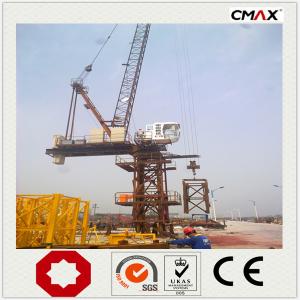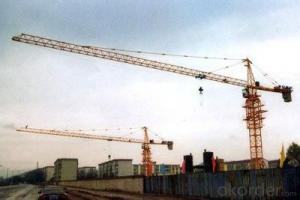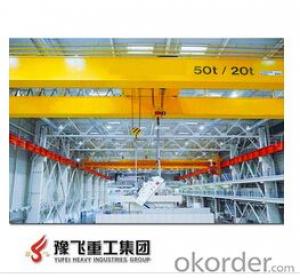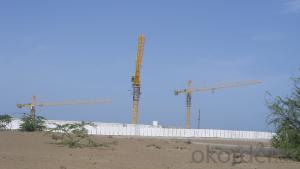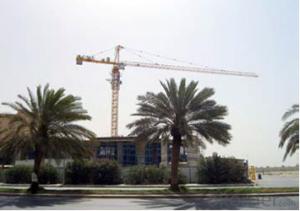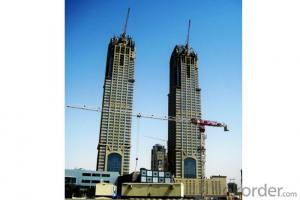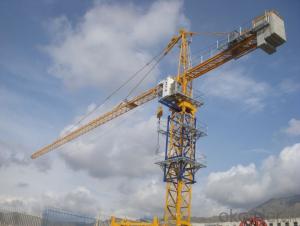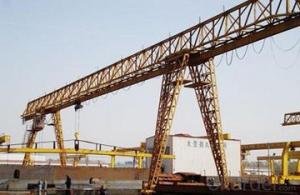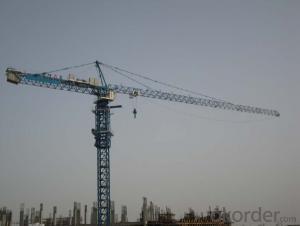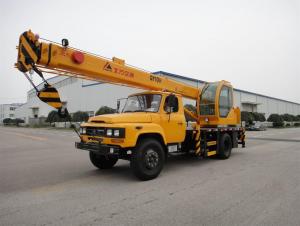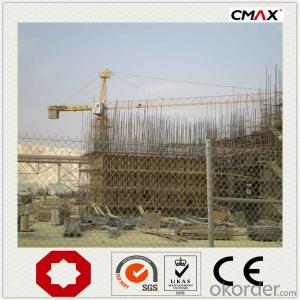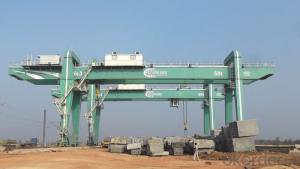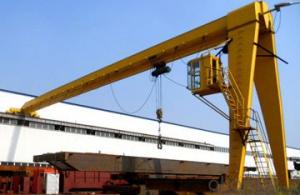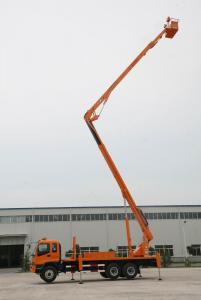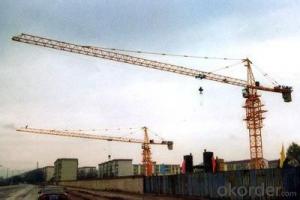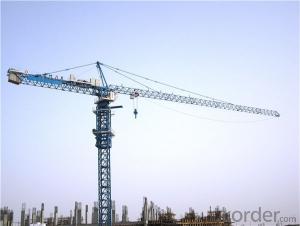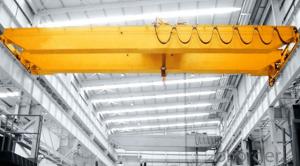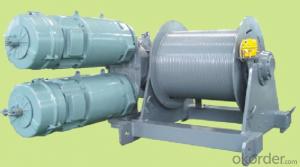All Categories
- - Steel Wire Rod
- - Steel Coils
- - Steel Profiles
- - Steel Pipes
- - Stainless Steel
- - Tinplate
- - Special Steel
- - Steel Sheets
- - Steel Rebars
- - Steel Strips
- - Hot Rolled Steel
- - Cold Rolled Steel
- - Pre-painted Steel
- - Seamless Steel Pipe
- - Welded Steel Pipe
- - Hollow Steel Tubes
- - Galvanized Pipe
- - Stainless Steel Coil
- - Stainless Steel Sheet
- - Stainless Steel Plate
- - Stainless Steel Strips
- - Electrolytic Tinplate Coil
- - Electrolytic Tinplate Sheet
- - Stainless Steel Rebars
- - Solar Panels
- - Solar Water Heater
- - Solar Related Products
- - Solar Inverter
- - Solar Cells
- - Solar Light
- - Solar Energy Systems
- - Solar Controllers
- - Solar Mounting System
- - Solar Pump
- - Solar Chargers
- - Fiberglass Chopped Strand
- - Fiberglass Mesh Cloth
- - Composite Pipes
- - FRP Pultrusion Profiles
- - Fiberglass Mat Tissue
- - Fiberglass Fabrics
- - Fiberglass Mesh
- - Composite Tank
- - Fiberglass Mesh tape
- - Polymer
- - FRP Roofing Panel
- - Fiberglass Roving
- - Monolithic Refractories
- - Ceramic Fiber Products
- - Refractory Bricks
- - Raw Materials For Refractory
- - Suspended Platform
- - Cranes
- - Concrete Machinery
- - Earthmoving Machinery
- - Building Hoist
- - Road Building Machinery
- - Plastic Pipe Fittings
- - Plastic Tubes
- - Plastic Sheets
- - Agricultural Plastic Products
- - Plastic Nets
 All Categories
All Categories
Q & A
How are cranes used in the food and beverage industry?
Cranes are used in the food and beverage industry to lift and transport heavy loads such as containers, barrels, and machinery. They ensure efficient and safe handling of materials, allowing for increased productivity and reducing the risk of accidents or injuries. Cranes also assist in the installation and maintenance of equipment, facilitating the smooth operation of food processing and manufacturing plants.
What is the tallest crane in the world?
The tallest crane in the world is currently the Liebherr LR 13000, standing at a height of 248 meters (814 feet).
What are some common safety hazards associated with cranes?
Some common safety hazards associated with cranes include:
1. Overloading: Cranes can be at risk of tipping over or collapsing if they are overloaded with excessive weight.
2. Poorly maintained equipment: Cranes that are not properly maintained can have faulty mechanisms, leading to potential accidents or breakdowns.
3. Operator error: Inadequate training or negligence by crane operators can result in accidents, such as collisions or dropping loads.
4. Power line contact: If cranes come into contact with overhead power lines, it can cause electrocution or power outages.
5. Falling objects: Loose or unsecured materials being lifted by cranes can fall and cause injuries to workers or bystanders.
6. Crane collapse: Factors such as unstable ground conditions, strong winds, or improper assembly can cause cranes to collapse, endangering workers and nearby structures.
7. Lack of communication: Insufficient communication among crane operators, signalers, and other workers can lead to misunderstandings and accidents.
8. Inadequate ground preparation: If the ground on which a crane is set up is not properly prepared, it can result in instability and potential accidents.
9. Inadequate supervision: Lack of proper supervision can lead to unsafe practices, risky maneuvers, or failure to follow safety protocols.
10. Weather conditions: Adverse weather, such as high winds, storms, or lightning, can pose significant risks to crane operations and safety.
Wholesale Cranes from supplier in Grenada
Whether you are in need of tower cranes, mobile cranes, or overhead cranes, we have a wide selection to meet your specific requirements. Our team of professionals is highly trained and experienced in the field of cranes, ensuring that you receive the best advice and solutions for your projects.
We understand the importance of timely delivery and reliable equipment, which is why we work closely with our suppliers to ensure that our inventory is always stocked with the latest and most advanced cranes in the market. Additionally, we offer competitive pricing to ensure that you get the best value for your investment.
In addition to our sales services, we also provide comprehensive technical support to our customers. Our team of engineers and technicians are available to assist you with any technical issues or questions you may have. We believe in building long-term relationships with our customers, and we are committed to providing excellent customer service throughout the entire procurement process.
At our company, we prioritize safety and quality. All of our cranes meet international standards and are thoroughly inspected and tested before delivery. We understand that safety is paramount in any construction project, and we take pride in providing reliable and safe cranes to our customers.
Whether you are working on a small residential project or a large-scale industrial project, we have the expertise and resources to meet your cranes equipment needs in Grenada. Contact us today to discuss your requirements and let us be your trusted partner in cranes procurement.
We understand the importance of timely delivery and reliable equipment, which is why we work closely with our suppliers to ensure that our inventory is always stocked with the latest and most advanced cranes in the market. Additionally, we offer competitive pricing to ensure that you get the best value for your investment.
In addition to our sales services, we also provide comprehensive technical support to our customers. Our team of engineers and technicians are available to assist you with any technical issues or questions you may have. We believe in building long-term relationships with our customers, and we are committed to providing excellent customer service throughout the entire procurement process.
At our company, we prioritize safety and quality. All of our cranes meet international standards and are thoroughly inspected and tested before delivery. We understand that safety is paramount in any construction project, and we take pride in providing reliable and safe cranes to our customers.
Whether you are working on a small residential project or a large-scale industrial project, we have the expertise and resources to meet your cranes equipment needs in Grenada. Contact us today to discuss your requirements and let us be your trusted partner in cranes procurement.
